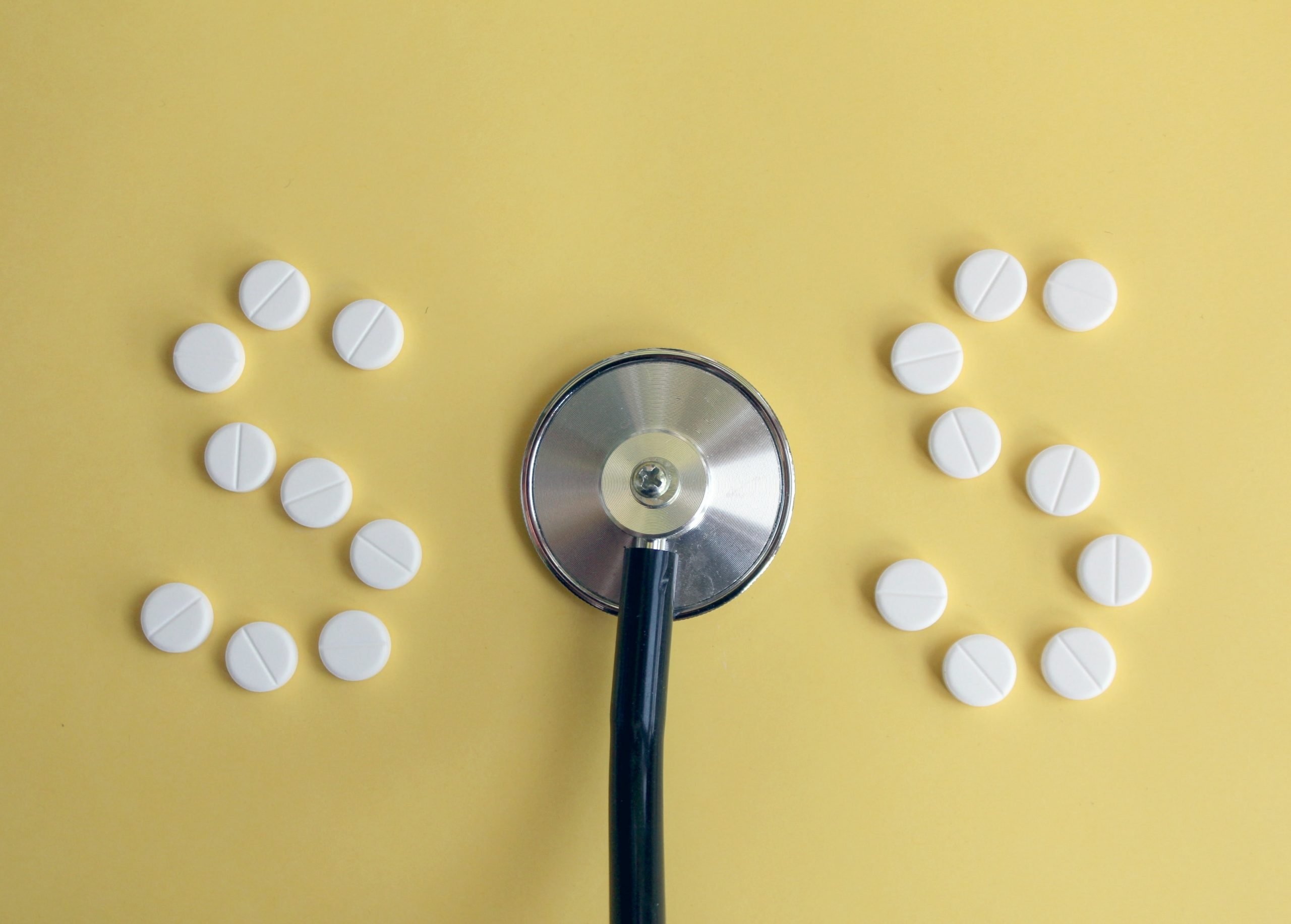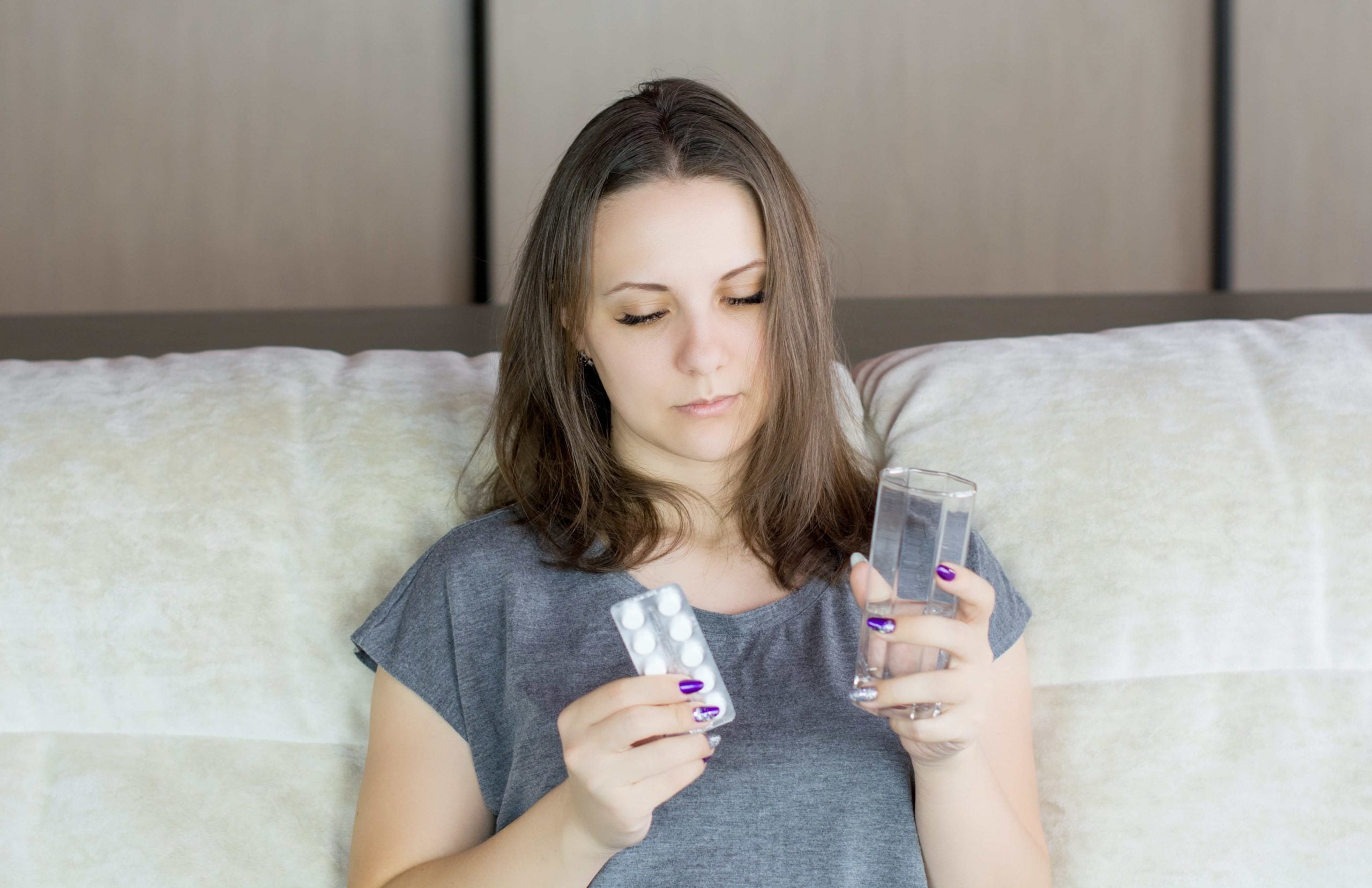Adding Mouthwash to your daily oral hygiene routine can provide many benefits, including helping to prevent cavities and freshening your breath. However, it should never be used as a substitute for brushing and flossing.
Before incorporating Mouthwash into your routine, consult your dentist for personalized recommendations that align with your oral health needs.
What is Mouthwash?
Mouthwash is a liquid containing an antiseptic that kills bacteria and various other ingredients like thyme, mint, and eucalyptus that give it its pleasant taste and aroma. It is used to rinse the mouth and can be applied directly to the teeth. Mouthwash can help prevent dental-related diseases and problems, such as plaque, gingivitis, tooth decay, bad breath, etc. when used regularly.
But, it is essential to note that Mouthwash can not replace brushing and flossing. While it can reach areas of the mouth that a toothbrush cannot, it cannot physically remove food debris and hardened plaque from the teeth. Thus, using Mouthwash to supplement your daily brushing and flossing routine is always recommended. It benefits people who tend to forget or fall asleep without brushing their teeth or who have trouble reaching in between their teeth.
How do I use Mouthwash?
Mouthwash, or oral rinse, is essential in daily dental hygiene. It can help reduce the risk of gum disease and tooth decay, destroy bacteria, and freshen your breath. Brushing and flossing can also help remove any remaining food debris missed.
It is recommended to use Mouthwash twice a day after brushing your teeth. It is best to leave the Mouthwash in your mouth for 60 seconds, and it is important not to spit out the rinse immediately. This allows the antibacterial chemicals to work longer and prevents the fluoride in your toothpaste from being washed away.
When exploring options for enhancing your smile and oral health, consider seeking professional services such as cosmetic dentistry in Pasadena, offering personalized treatments to achieve your desired aesthetic and functional goals.
Some have created the Dental Professional’s Guide to Mouthwash Use. This six-page toolkit can be given to patients as a plaque management tool to help them control their oral care at home. The toolkit includes advice on using the right Mouthwash, how long it should be left in the mouth, and what type suits a particular patient.
What are the Best Mouthwashes?
Mouthwash comes in various forms; some are more cosmetic and concentrate on teeth whitening or breath freshening, while others have medicinal elements that assist in addressing specific oral health problems like gum disease or tooth decay. When considering options for comprehensive dental care and oral hygiene, reputable practices such as Art of Smiles provide services tailored to address individual needs and promote optimal oral health.
For therapeutic mouthwashes clinically proven to treat specific problems, dentists recommend looking for a rinse with fluoride, which helps prevent cavities, and other ingredients like xylitol and chlorhexidine to reduce plaque and gingivitis. Essential oils such as eucalyptol and thymol help combat bad breath, while botanicals such as gotu kola and echinacea reduce inflammation and promote healing.
When selecting a mouthwash, avoid products with high alcohol content, which can dry the mouth and cause irritation. Additionally, look for mouthwashes that are alcohol-free and free of dyes to ensure they won’t stain teeth. It is also important to note that antiseptic mouthwashes kill bacteria indiscriminately, including the good bacteria in your mouth, which can upset the delicate balance of your oral microbiome and reduce your immunity.
Are Mouthwashes Safe?
Many mouthwashes contain chemicals such as alcohol, which can irritate and dry the mouth’s soft tissues. Mouthwash can destroy beneficial and dangerous bacteria in your oral microbiome, upsetting the delicate balance and decreasing the potency of your body’s natural defenses against infections. This can increase your disease susceptibility. In addition, some mouthwashes contain sodium lauryl sulfate, which can be problematic for people on restricted salt diets.
However, Mouthwash can be beneficial if used in moderation and as part of a complete oral health routine, including brushing and flossing. Some rinses can freshen breath, reduce plaque, and prevent gum disease; some even contain fluoride for teeth protection. Read the label, follow all instructions carefully, and don’t swallow!

















